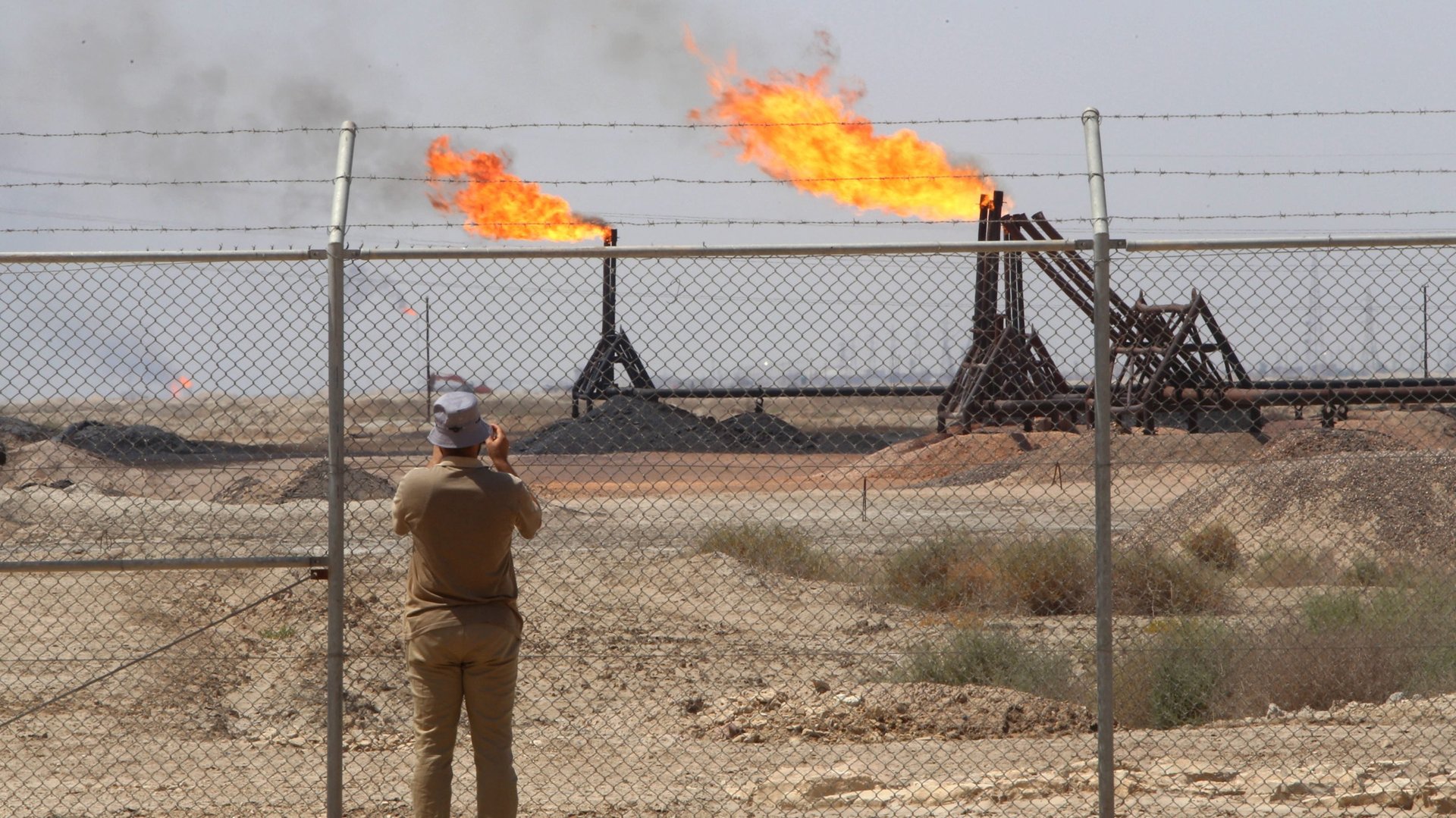Exxon’s terrible, horrible, no-good, very bad week
How the mighty have fallen.


How the mighty have fallen.
ExxonMobil, which reigned for years as America’s most valuable company, has had a rough time in the last few days—even by the abysmal standards of the pandemic-hammered oil industry.
Last week, it warned regulators that its third quarter earnings could be significantly lower than expected, and are likely to show a loss for a third consecutive quarter, the first such stretch in nearly 40 years. On Oct. 5 it announced plans to lay off 1,600 employees in Europe, and faced a damning leak of internal documents that revealed plans to massively increase the company’s carbon footprint in the coming years. And on Oct. 7, it was surpassed as America’s biggest oil company for the first time in its 150-year history by rival Chevron.
Then, to add insult to injury, both Chevron and Exxon were passed in market capitalization by NextEra, a Florida-based electric utility that has emerged as the world’s top purveyor of wind and solar power.
Where did things go so wrong for Exxon?
The short answer is the pandemic, which crushed oil prices and continues to tank the value of nearly every oil company. Chevron’s share price also got a leg up this week as the company sealed a deal to acquire midsized fracking company Noble Energy. NextEra, meanwhile, has been creeping up from behind for years, as it reaps the rewards of being one of the first US power companies, starting two decades ago, to go big on renewables.
But Exxon was vulnerable before the pandemic. The loss of cash flow from oil and gas sales in recent months has hit the company especially hard, because many of its expensive gambles in the last decade went bust, including development in Canada’s high-cost oil sands and a scrapped offshore drilling plan in Russia. Those misadventures have left the company saddled with debt and unable to increase production in line with its peers.
The company has been kept afloat in part by its plastics business, which has proven more pandemic-proof than other sectors. But it could be poised to the miss the boat again: Exxon is postponing investments in liquified natural gas terminals in the US and elsewhere, facilities that could be the last great moneymaker for fossil fuels.